By Kimberly Kamara, Director, Programs
Starting at the END Fund in May 2015, one of the projects in my portfolio for mass drug administration (MDA) was for schistosomiasis control in Liberia. The program is in collaboration with the Ministry of Health and Social Work (MoHSW). The Schistosomiasis Control Initiative (SCI) provides technical expertise on implementation, and the END Fund as well as the UK’s Department for International Development (DFID) provides additional financial and technical support.
Even though the state of emergency had been lifted in November 2014 and schools started to reopen in February 2015 after the devastating Ebola outbreak, all MDA activities remained suspended when I began managing this project. However, Karsor Kollie, the neglected tropical disease (NTD) director at the MoHSW, was extremely motivated to restart MDA programs across the country once the Ebola outbreak was contained.

In July/August 2015, Karsor tried to re-launch the schistosomiasis program for the treatment of school-age children on a small scale. Unfortunately, praziquantel (the drug to treat schistosomiasis) can cause nausea and vomiting, especially if it is ingested on an empty stomach. During distribution, parents are asked if their children have eaten. Often they have not. When the program tried to restart, parents became alarmed once some children experienced nausea. They were concerned that if their children had to go the hospital they might contract Ebola, or that they could be inaccurately accused of having Ebola because of the vomiting. Mistrust was still affecting the community. As a result, community members insisted that the distribution be delayed, which the MoHSW respected.
In spite of this setback, partners worked together on effective planning techniques and developed a more robust social mobilization campaign with an emphasis on training to allay community fears related to the ingestion of praziquantel.

Not only was community acceptance an obstacle to successful implementation, but so was the difficulty in acquiring medication for distribution. There was a shortage of praziquantel in 2016 and the drug was not originally allocated for Liberia because it was unclear if the country would be ready to resume MDA activities due to the Ebola crisis. Fortunately, working in tandem with the WHO, Burundi was willing to release some of their allocation to Liberia as a goodwill gesture as they currently cannot distribute all of their praziquantel.
In late July 2016, the program was successfully re-launched with children between the ages of five and fourteen receiving treatment in the communities of Bong, Nimba, and Lofa.
I am truly humbled by the efforts of all partners that worked to achieve this success – particularly the commitment the Liberia NTD team has shown. It is an honor to have the opportunity to support Liberia in its efforts to control and eliminate NTDs.
